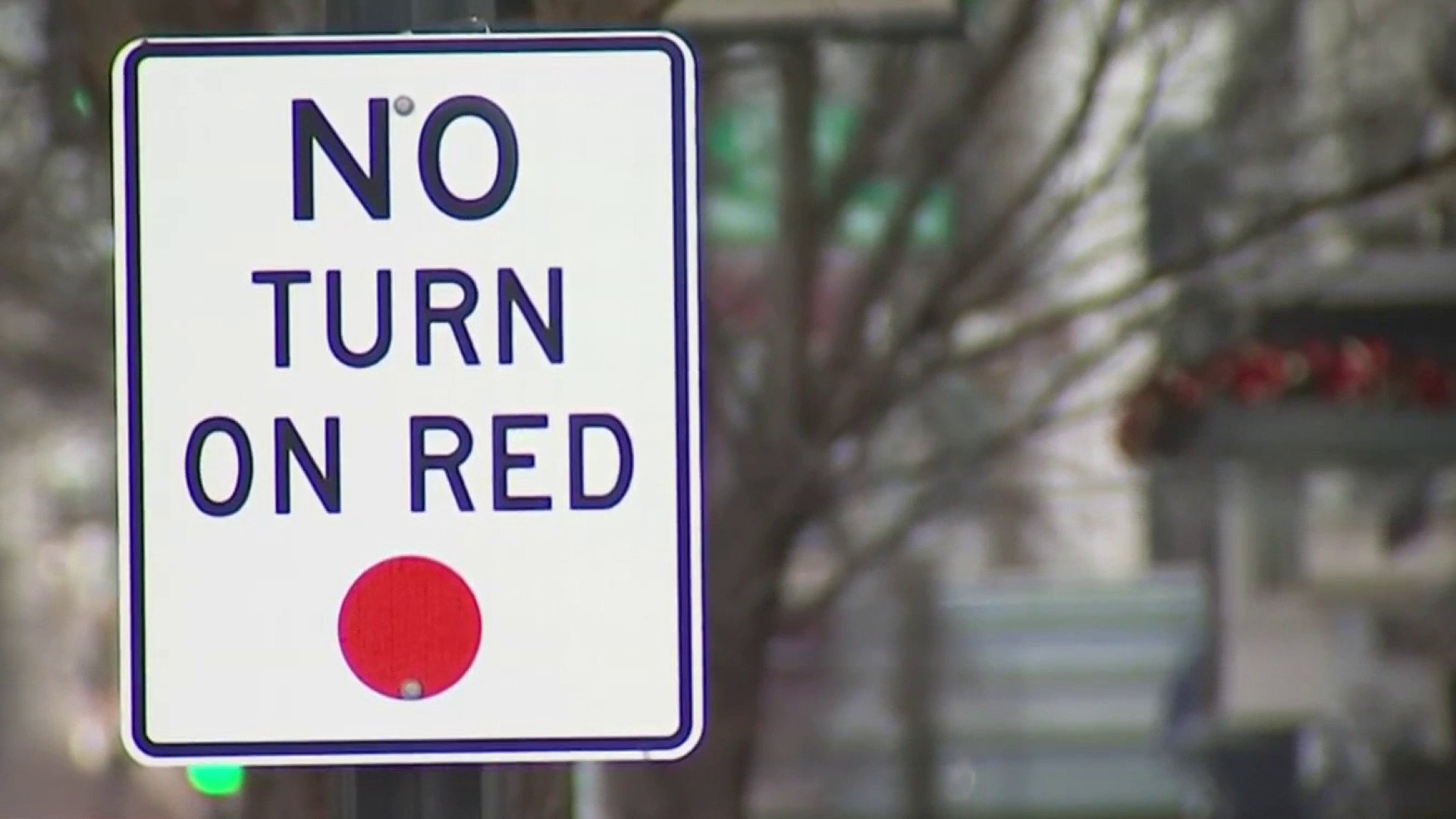Fights are being waged in courts across Virginia about whether inmates serving life-without-parole sentences for crimes they committed as juveniles deserve a chance for release in light of recent U.S. Supreme Court rulings.
The high court in 2012 barred states from imposing mandatory life-without-parole sentences on anyone under 18 convicted of murder. In January 2016, the justices made that ruling retroactive, saying the more than 2,000 offenders already serving such sentences must be given the chance "to show their crime did not reflect irreparable corruption'' and, if it did not, they should have some hope for freedom.
But a 50-state examination by The Associated Press found that for those who have received these now-illegal life terms, the rulings' promise of resentencing and a chance at eventual release has so far been halting, inconsistent and often elusive.
The AP spent months reviewing how counties and states are wrestling with re-examining juvenile life without parole. While some have resentenced and released juvenile lifers locked up for years, others have resisted taking action as battles continue in legislatures and courts.
Here's a guide to the situation in Virginia.
THE INMATES
As of February, 51 inmates were serving life-without-parole sentences in state prisons for crimes committed before age 18, according to the Virginia Department of Corrections. Twelve of those were convicted of capital murder, 27 of homicide, nine of abduction, two of rape/sexual assault, and one of robbery, the department says.
Local
Washington, D.C., Maryland and Virginia local news, events and information
CAPITAL MURDER DEBATE
People convicted of capital murder for crimes committed as adults can be sentenced to death, but Virginia law says that for juveniles the punishment "shall be'' imprisonment for life. Virginia abolished parole for people who committed their crimes after 1995, and capital murder offenders aren't eligible for "geriatric release,'' which makes older inmates eligible for freedom.
Attorneys of capital murder offenders argue that the sentences are now clearly unconstitutional in light of the Supreme Court rulings.
But the Virginia Supreme Court ruled in February that such sentences can't be considered mandatory because judges can give inmates less than life by suspending all or part of a sentence recommended by a jury or plea agreement.
That decision came in the case of Donte Lamar Jones, who was 17 when he fatally shot a convenience store clerk during a robbery. Jones' attorneys have appealed to the U.S. Supreme Court, which has yet to decide whether it will weigh in.
It remains unclear what effect the Virginia court's decision will have on other inmates seeking relief, said Julie McConnell, of the Children's Defense Clinic at the University of Richmond School of Law.
"Our hope is that it won't change the fact that these sentences that they are challenging will be seen as unconstitutionally harsh,'' McConnell said.
NEW SENTENCING HEARINGS
While Virginia's highest court has blocked Jones' path to a new sentence, others have had success challenging their punishments in federal courts.
Before the most recent ruling in Jones' case, a federal judge ordered a new sentencing hearing for Azeem Shakur Majeed, who was convicted of capital murder and received life in 1997 for a killing committed at 17. Majeed, who changed his name from Lorenzo McClean, was resentenced in May and is expected to be released in three to four years, attorney Emily Munn said. Another man convicted of capital murder as a teen - Randy Ross - was recently resentenced to 99 years.
A different federal judge recently ruled that convicted sniper Lee Malvo is entitled to new sentencing hearings in Virginia. Malvo was handed two life sentences in 2004 after a jury convicted him of two counts of capital murder. He later struck plea bargains in Spotsylvania County and Maryland in which he agreed to accept additional life sentences, without possibility of parole.
U.S. District Court Judge Raymond Jackson said it doesn't matter whether Malvo's sentence was mandatory or discretionary because the Supreme Court meant for all juveniles facing life in prison to be entitled to a hearing to determine whether they are "irreparably corrupted.'' Virginia's attorney general is appealing that decision.
NONCAPITAL CASES:
While capital murder offenders are the only ones serving what defense attorneys consider mandatory life sentences under Virginia law, others convicted of crimes they committed as juveniles say they, too, should get new sentences, even though their no-parole terms were discretionary.
The 4th U.S. Circuit Court of Appeals recently rejected that argument in the case of convicted murderer Anthony Gomez. Bryan Jones, who's representing Gomez and other inmates, said he believes the high court will ultimately have to settle the matter.
"They are frustrated,'' Jones said of his clients. "You have Malvo and these guys that are being resentenced, but they are stuck as of now and the Virginia attorney general's office is pushing hard to make sure they are stuck where they are.''



